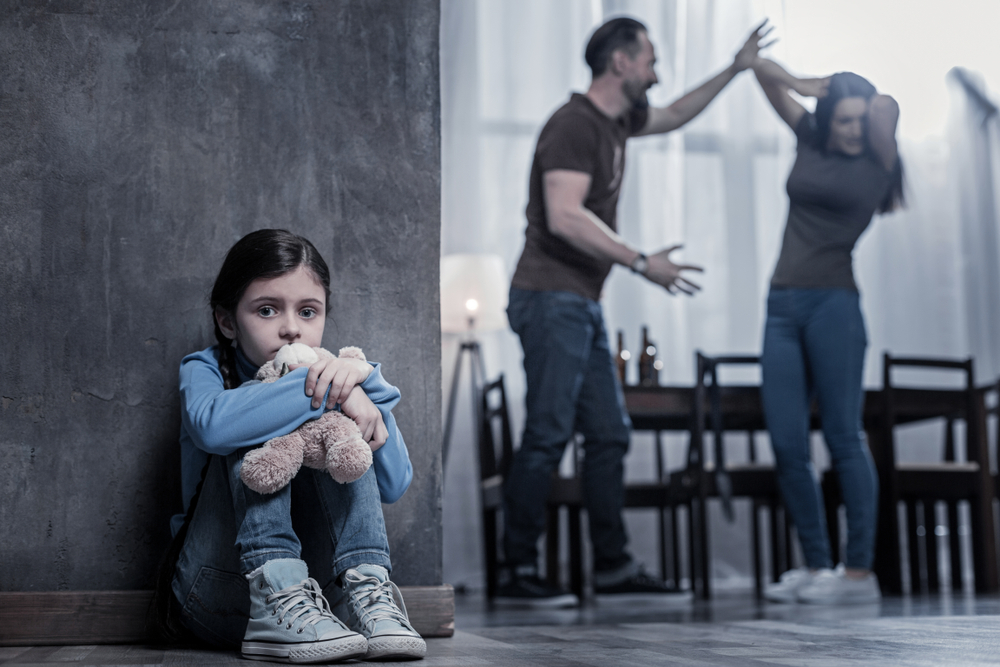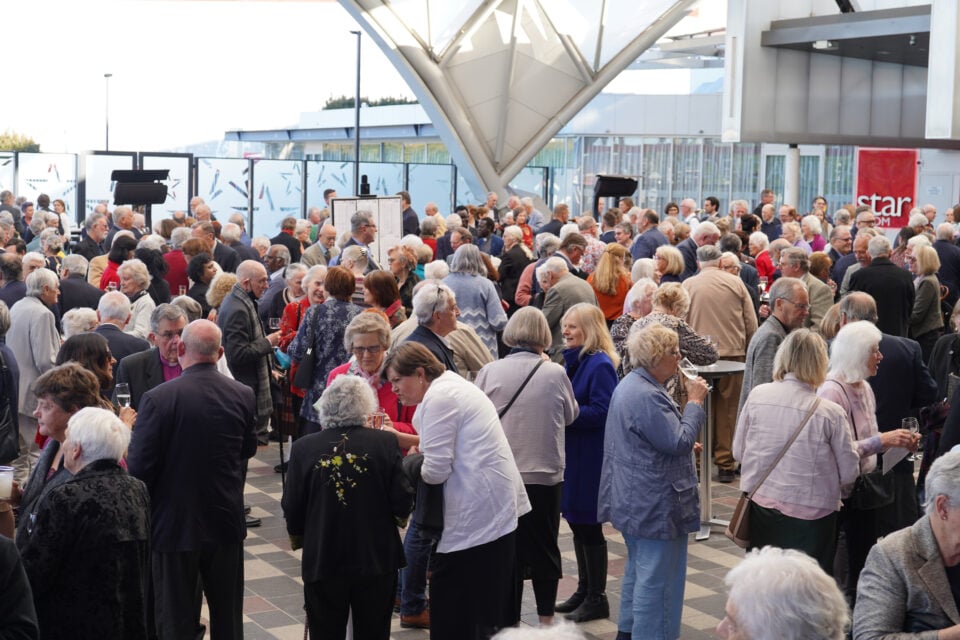Adelaide Diocesan Council member David Phillips questions the methodology of the recent research into family violence by the Anglican Church of Australia. You can read a response by Scott Holmes, a member of the General Synod Family Violence Working Group here.
Intimate partner violence (IPV) and other forms of domestic abuse are major problems in Australia today. Frankston mayor Sandra Mayer and Newcastle carpenter Corey Duggan found out the hard way.
Sandra initially thought she’d met the love of her life. “I moved in with him, and by the time I was 25 I was married with two kids,” she said. But for seven years she was subjected to a hellish run of verbal, emotional and at times physical abuse.
“I knew that it wasn’t what a marriage was supposed to be like, but when domestic abusers get wind that you’re going to leave, your life becomes at risk.” It took great courage for her to leave.
Corey suffered mental and physical abuse in a previous relationship. “When I do tell people about it, being a man, I typically get – ‘What did you do?’ I never went to the police about it. I thought the best thing I could do was just walk away, and try to forget about it.”
But it had taken a toll on him mentally. “I have contemplated suicide a couple of times,” he said. “But suicide isn’t the answer.”
Some parts of this document are seriously misleading
The incidence of intimate partner abuse in Australia is a matter of serious concern. I support the initiative of the Anglican Church to address this problem.
This initiative followed the call by the Victorian Royal Commission into Family Violence for faith communities to provide support for those who have suffered domestic abuse.
Details of such abuse in church communities were limited, so the Anglican Church of Australia commissioned research to better understand the nature and prevalence of domestic abuse among Anglicans.
The research was undertaken by a NCLS (National Church Life Survey) team who reported their findings earlier this year. The Anglican Church released a summary of the findings in June and the full report in August.
In addition, the Anglican Church endorsed 10 Commitments for Preventing and Responding to Domestic and Family Violenceissued by the General Synod Family Violence Working Group.
While the one-page summary, on page 5, provides a helpful framework for responding pastorally and in other ways, some parts of this document are seriously misleading. So are some of the related media releases issued by General Synod.
Many of these have completely ignored the warning by the NCLS researchers: “These were non-probability samples from online panels so representativeness to the wider population cannot be claimed.”
The church statements have wrongly applied the qualified findings to the general Australian population and to Anglican churchgoers.
The statements have also ignored the fact that the so-called “Anglicans” in the study merely “identified” as Anglican. Very few were worshipping members of Anglican communities.
Several statements selectively reported some findings but ignored others. For example, the Anglican media release on 9 June 2021 reported that the “prevalence of IPV among Anglicans was the same or higher than in the wider Australian community”.
While that was found for lifetime recollections, during the previous 12 months there was no difference between the general public and Anglican samples. The media release failed to mention the finding that recent prevalence of IPV in Anglican samples was similar to the general public.
Women may recall past abuse more often than men
The same media release reported that women “were much more likely than men to have experienced IPV”. Again, the church statement ignored the finding that, during the previous 12 months, women and men “did not differ within the samples”.
Recent recollections are arguably more accurate than lifetime ones.
Lifetime recollections may have included people who sought Anglican support following earlier abuse unrelated to the Anglican church. And women may recall past abuse more often than men. The lifetime reports could be tainted by such biases.
The NCLS research used a composite abuse scale – including physical, sexual, psychological and financial abuse.
High quality studies, using large probability samples and similar composite abuse scales, have found no significant difference in reports of recent abuse either between women and men or depending on religious commitment.
Thus, the NCLS findings of no difference in the incidence of recent composite abuse between Anglicans and other Australians, or between women and men, are more likely to be accurate. Yet the Anglican church statements have ignored these findings, in preference to other more dubious findings that are potentially damaging to the Anglican Church and to men.
The limited budget for the NCLS research restricted the project to using a non-probability sample from an online volunteer panel. Unfortunately, this greatly limited the usefulness of the findings.
High-quality Australian and Canadian studies, using larger, probability samples, yielded more reliable results that could be generalised to wider populations.
A recent global survey of composite intimate partner abuse in 11 Christian-heritage countries, including USA, UK, Canada and Australia found no differences related to religious commitment.
Other studies show that while women may suffer more serious consequences, both men and women suffer comparable rates of composite intimate partner abuse.
The NCLS authors of the study acknowledge its serious limitations, and the results should be considered tentative unless confirmed by high-quality research. The Anglican Church of Australia should treat the findings with great caution and address both male and female abuse in a fair and equitable manner.
Dr David Phillips is a retired research scientist, an Anglican lay representative on the Adelaide Synod, a member of the Adelaide Diocesan Council, and the founder of FamilyVoice Australia.






